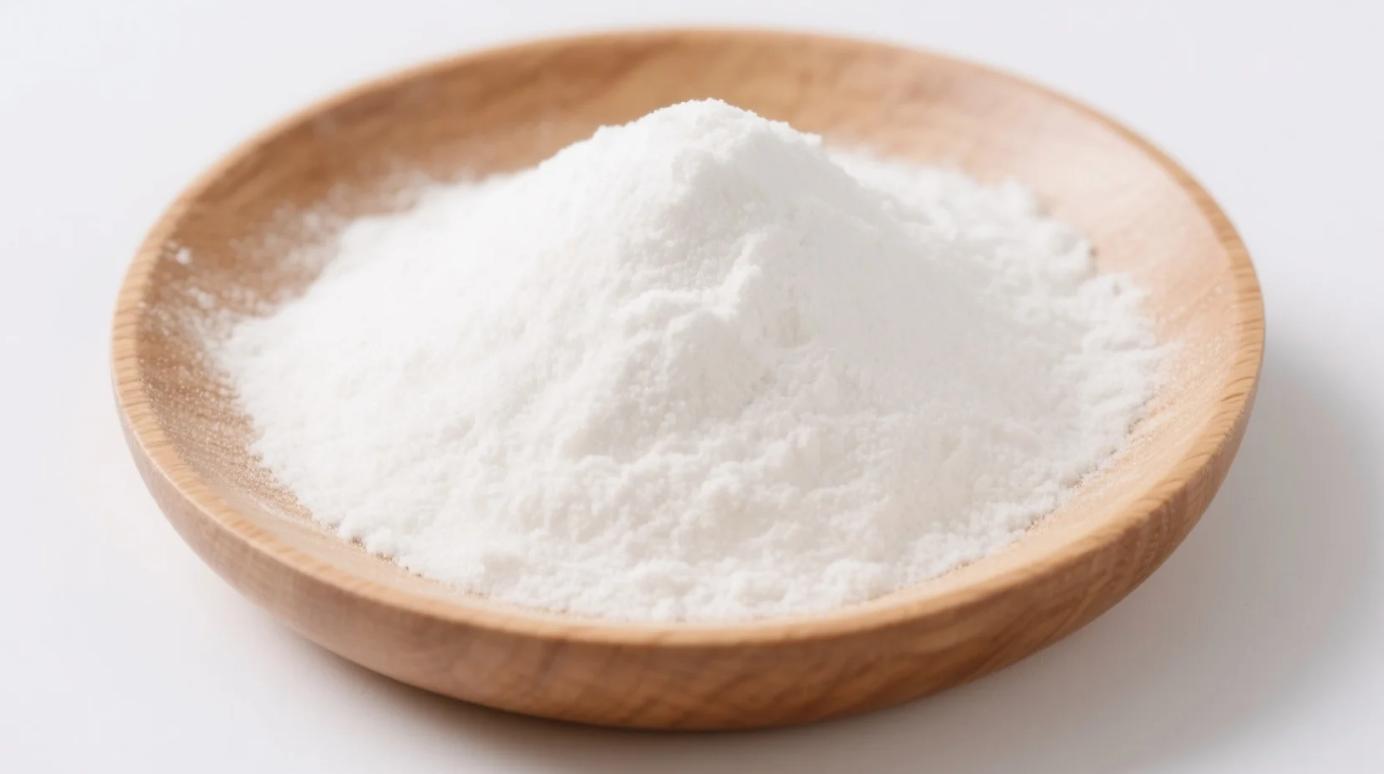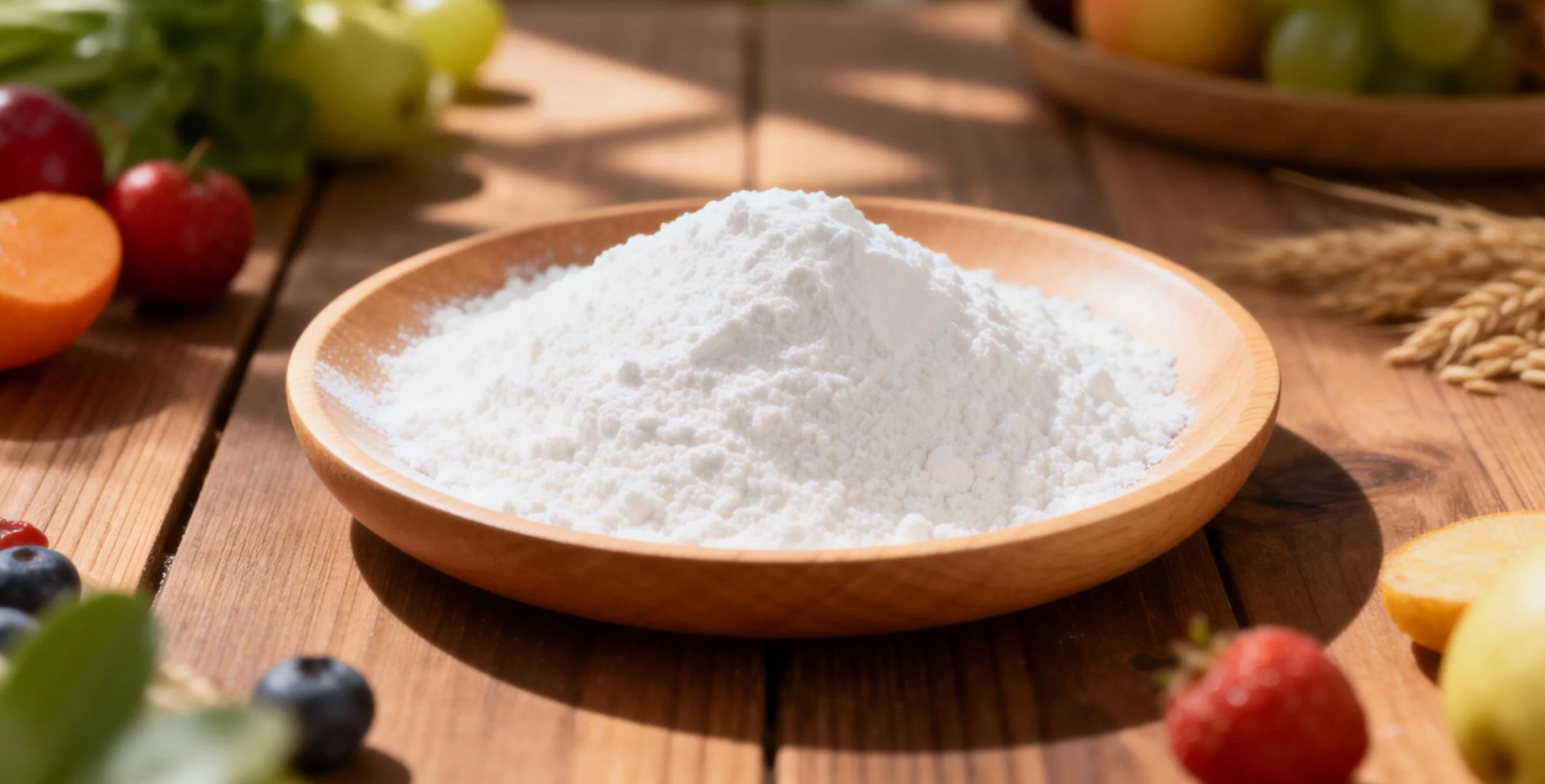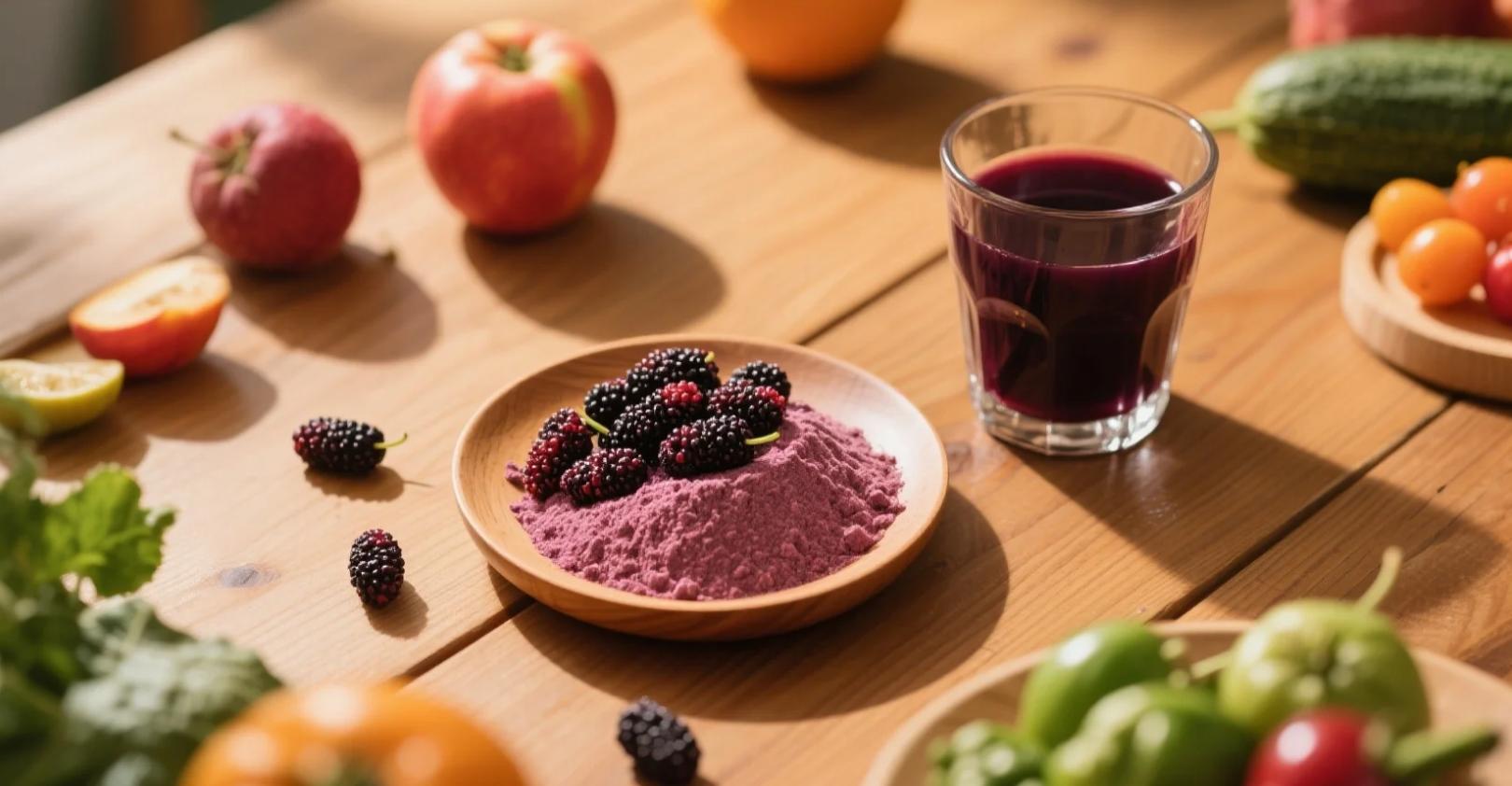Table of Contents
Introduction: The Prebiotic Ingredient Choice
As consumers increasingly seek functional foods and beverages that support digestive health, manufacturers face the challenge of selecting the right prebiotic fiber for their formulations. Organic FOS (Fructooligosaccharides), available in both Organic FOS Powder and Organic FOS Syrup, has emerged as a popular choice. But how does it compare to other prebiotics like inulin, GOS (Galactooligosaccharides), and resistant dextrin? Understanding their differences in functionality, sweetness, and health benefits is crucial for creating effective, consumer-friendly products.
What Is Organic FOS?
Organic FOS, or Organic Fructooligosaccharides, is a naturally occurring prebiotic fiber extracted from plant sources such as chicory root, sugarcane, and Jerusalem artichoke. It is partially resistant to digestion in the upper gastrointestinal tract, reaching the colon where it nourishes beneficial bacteria such as Bifidobacteria and Lactobacillus.
Organic FOS Powder is ideal for dry food applications, while Organic FOS Syrup is perfect for liquid formulations, offering versatility for beverages, nutrition bars, dairy alternatives, and dietary supplements. Its mild sweetness (approximately 30–50% of sucrose) allows it to function as a natural sugar alternative while delivering functional benefits.
Comparing Organic FOS with Other Prebiotic Fibers
1. Organic FOS vs Inulin
- Source and Structure: Both are derived from plants like chicory root, but FOS has a shorter chain length, making it more soluble and mildly sweet.
- Digestive Tolerance: FOS is generally gentler on the digestive system, causing less bloating or gas compared to long-chain inulin.
- Application: FOS is ideal for beverages, dairy, and confectionery, whereas inulin is often used for fiber fortification in baked goods.
2. Organic FOS vs GOS (Galactooligosaccharides)
- Source: GOS is mainly derived from lactose and suitable for dairy-based products.
- Sweetness and Flavor: FOS offers mild sweetness and less impact on flavor, while GOS is less sweet and can have a slightly milky taste.
- Prebiotic Effect: Both support gut health, but FOS has broader consumer acceptance due to its plant-based and organic origin.
3. Organic FOS vs Resistant Dextrin
- Functionality: Resistant dextrin is highly soluble and neutral in taste, suitable for fiber enrichment.
- Health Benefits: FOS offers targeted prebiotic benefits and mild sweetness, while resistant dextrin mainly adds fiber without the prebiotic effect.
- Applications: Resistant dextrin is often used in powdered nutritional supplements and beverages, while FOS adds functional benefits and sweetness simultaneously.
Why Organic FOS Is a Preferred Choice
There are several reasons why Organic FOS (Fructooligosaccharides) is favored in product formulations:
- Natural and Organic: Consumers increasingly demand clean-label, non-GMO, and organic ingredients. Organic FOS meets these criteria.
- Mild Sweetness: Unlike other prebiotic fibers, FOS contributes pleasant sweetness, reducing the need for added sugars.
- Prebiotic Functionality: Supports the growth of beneficial gut bacteria, improves digestive health, and enhances nutrient absorption.
- Versatility: Available in powder and syrup forms, suitable for beverages, bakery, confectionery, dairy, and dietary supplements.
- Consumer-Friendly: Gentle on the digestive system, suitable for children, adults, and the elderly.
Applications in Functional Food Formulation
Organic FOS Powder and Organic FOS Syrup can be incorporated into a wide range of products:
- Beverages: Energy drinks, smoothies, plant-based drinks, and functional juices benefit from its solubility and mild sweetness.
- Bakery Products: Adds moisture, improves texture, and reduces sugar content in cookies, cakes, and bars.
- Dairy and Non-Dairy Yogurts: Enhances prebiotic content while supporting probiotic survival.
- Dietary Supplements: Combined with probiotics to create synbiotic formulations that boost gut health.
- Infant and Elderly Nutrition: Gentle and safe prebiotic fiber suitable for sensitive digestive systems.
Choosing the Right Organic FOS Supplier
For reliable product formulation, sourcing high-quality Organic FOS is essential. At ORGANICWAY, our Organic FOS Powder and Syrup are produced from 100% natural plant sources, fully organic, non-GMO, and free from artificial additives. We provide consistent quality, technical support, and flexible supply to help manufacturers formulate effective, clean-label functional foods and beverages.
While there are multiple prebiotic fibers available on the market, Organic FOS stands out for its plant-based origin, mild sweetness, and proven prebiotic benefits. Its versatility in powder and syrup form makes it suitable for a wide range of functional foods, beverages, and dietary supplements.
By choosing Organic FOS over other prebiotic fibers, manufacturers can create products that are digestive health-focused, clean-label, and consumer-friendly, meeting the growing demand for functional and wellness-oriented foods.
Related Products
Organic Fructooligosaccharides
Other Names: oligofructose, fructooligosaccharides FOS content: ≥98% Material: Jerusalem artichoke
Organic Galactooligosaccharide Powder
White to off-white fine powder, ≥55% GOS, soluble, prebiotic fiber, USDA &…



